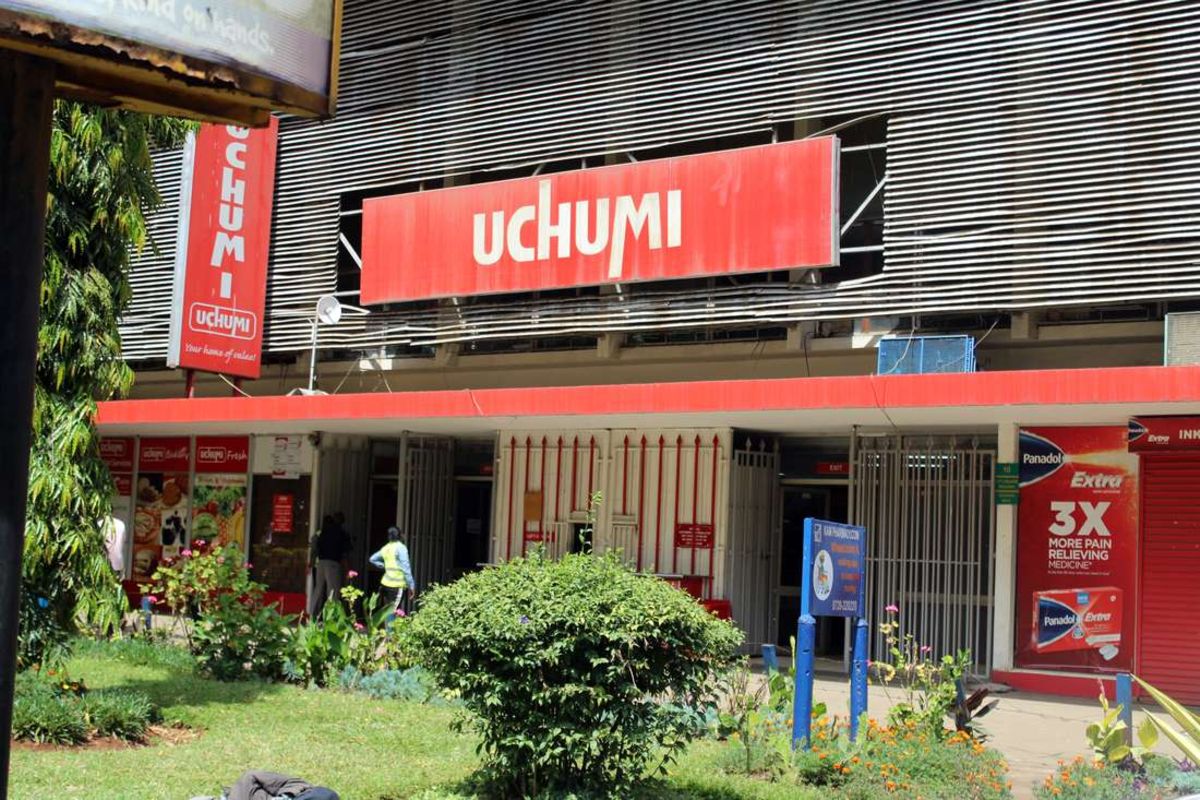Uchumi Supermarket rose twice from the jaws of death and, for the third time in two decades, is once again facing its demise under the weight of a Sh4.2 billion debt.
Worse still, it has no assets to sell. At best, the 150 creditors have been asked to forfeit their Sh3.2 billion debt to Uchumi and agree to convert the balance (Sh1 billion) into equity to save the retailer yet again. Whichever way, they are not going to get their money soon.
On its path down to the gutter, Uchumi dragged taxpayers into the ugly mess, as governments of the day desperately tried to rescue the tottering retail chain. So far, the rescue attempts have only created a new crop of millionaires at the taxpayer’s expense.
Particularly, Uchumi has suffered three grand heists between 1976 and 2016, leaving the retailer for dead and its robbers smiling all the way to the bank. Three branches
It is a long story. A year after incorporation, Uchumi opened its doors with three branches. The shareholders hired Italian retail chain Standa SPA to manage it and train locals who would eventually take over its management.
Aside from starting the journey to affordable consumer goods for Kenyans, the government also got bragging rights for becoming the first investor to start a large retail chain capable of making a huge contribution to the economy.
Shareholding was split among government agencies. The Kenya National Trading Company, which was a supplier, and Kenya Wines Agency Limited became the majority shareholders, each with a 37.5 per cent stake. Other shareholders
The Industrial and Commercial Development Corporation Investment and the Industrial and Commercial Development Corporation (ICDC) were the other shareholders, with 15 per cent and 10 per cent stakes respectively. At the beginning, things were running smoothly and Kenyans were the biggest winners. Commodities like sugar and flour, by then under price control, would cost the same.
Uchumi was deemed a service retail chain and was offering affordable essentials to Kenyans. But surprisingly, it was not making money. Something had gone wrong with the business model. In the financial year ending June, 1980 Uchumi made a Sh6 million loss. This brought the total amount of losses in its five years of operation to Sh23 million. Rampant theft
Investigations revealed that Standa was only managing Uchumi on paper. Employees were engaged in rampant theft and it was overstaffed.
The names of the culprits involved in Uchumi heists […]
